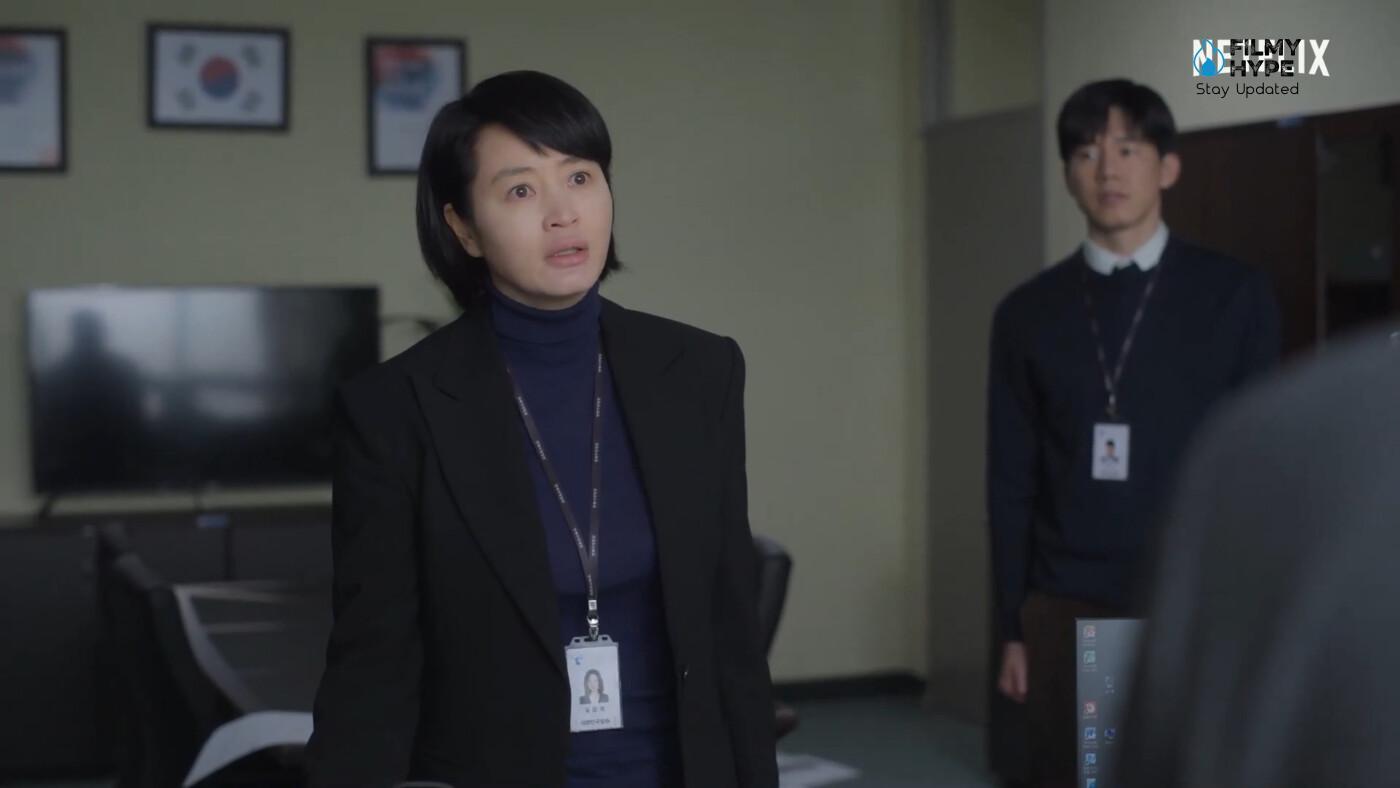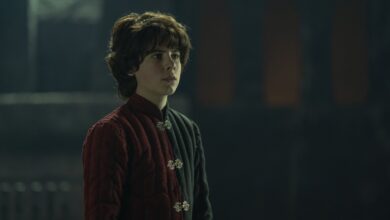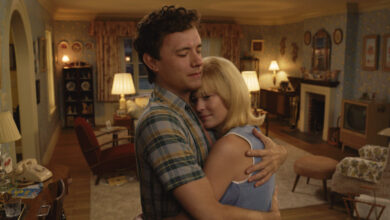Juvenile Justice Ending Explained: Who Was The Real Culprit? Was Court Found Real Boy?
Juvenile Justice is available on Netflix! Directed by Hong Jong-Chan and written by Kim Min-Seok, the legal thriller Juvenile Justice tackles a problematic issue in South Korea’s legal system with unnerving grace. The story follows the unlikely partnership between juvenile judge Sim Eun-Seok, who has a particular distaste for juvenile criminals, and his compassionate assistant Cha Tae-Ju. Due to the severity with which she deals with juvenile delinquency cases, Sim Eun-Seok is nicknamed “Judge Max”.

Most of the story takes place in and around Yeonhwa Juvenile Court, and the dark atmosphere adds a touch of finesse to the story. We tell you everything about the end of Season 1 of Juvenile Justice on Netflix!
Juvenile Justice Ending Explained: Who Was The Real Culprit?
At the end of Season 1 of Juvenile Justice, Eun-seok does his best to convince her that it’s not just about revenge and that Seon-a’s case is only the tip of the iceberg. of a very ugly iceberg. Fortunately, Geun-hee listens to him. Using evidence taken from Do-hyeon’s base, Tae-ju manages to coerce the other two boys into revealing his involvement and the extent of the operation and giving the court access to Do-hyeon’s secret phone. hyeon, which contains a treasure trove of evidence proving him and In-jun to be guilty.
Geun-hee makes sure Do-hyeon comes to the stand to be shown all of this, and naturally, he freaks out, with him and In-jun only incriminating each other more in their argument. Eun-seok is also present in the audience room, and Seon-a watches from another room.
She has the right to express her final thoughts on the case, and on Eun-seok’s advice, she raises her head and tearfully demands that her life return to normal. Geun-hee’s involvement in this matter forces him to apologize to Eun-seok, and anyone his decisions may have affected. And Kang forces him to testify on Eun-seok’s behalf before the Supreme Court Disciplinary Committee that Eun-seok is appearing before, reiterating his stance on juvenile delinquents.
Turns out she still despises them. But the context has changed. It is prepared to treat them fairly and objectively. But the ending of Season 1 of Juvenile Justice is simply a reiteration of Eun-seok’s hatred: “I hate juvenile delinquents. Really, then, has anything really changed?





